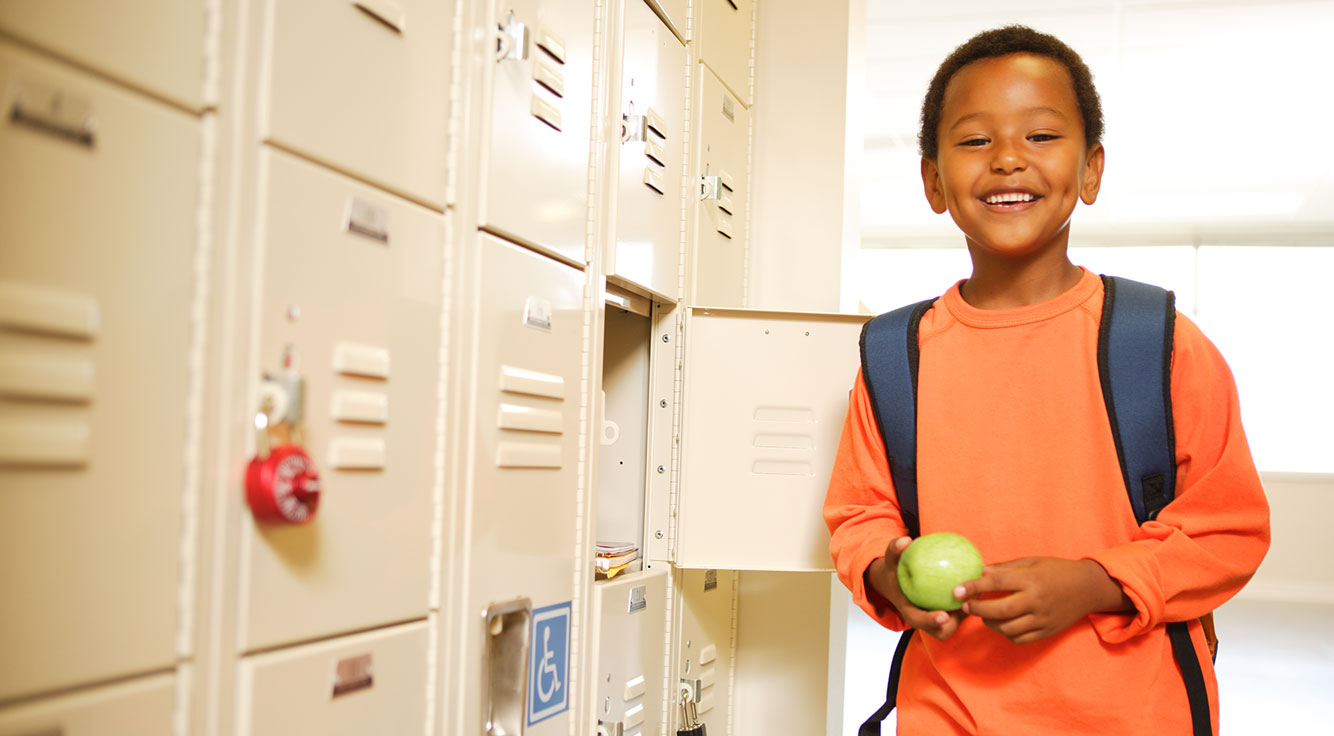
The ABCs of back-to-school health in Georgia
It’s time to put away the beach towels and take out the backpacks. In Georgia, a new school year is just beginning. To help your child make a smooth transition, remember these ABCs of back-to-school health.
A is for Allergies
If your child has food allergies, make sure the school knows. Communicating with the school will also give you a chance to learn about their food allergy policies. Plus, they may need you to fill out at least 1 of these forms:
- Medication Authorization
- Special Dietary Meals Accommodation
- Emergency Action Plan
B is for Backpacks
The American Academy of Pediatrics has useful tips for kids regarding backpack safety:
- Use both shoulder straps.
- Carry no more than 10 to 20% of your body weight.
- Choose a rolling backpack, if your school allows it (some schools don’t because rolling backpacks can’t fit into lockers).
C is for Computer
Even when computers are used for homework, try to limit your child’s total screen time each day — including television, tablets, laptops, and smartphones. If you’re not sure what limits to set, health professionals recommend:
- No screen time for children under 2
- Less than 1 hour a day for children 2–12
- Less than 2 hours a day for teens
It’s also important for kids doing homework to minimize eye, neck, and brain fatigue by taking regular breaks. Encourage them to stretch their bodies and focus their gaze away from the screen every 20 minutes or so.
Finally, remember that kids with smartphones tend to get less sleep. Consider parental controls to block access to your child’s device(s) when they should be winding down for bed.
Bonus! S is for Sleep
For many kids, the great luxury of summer is getting to stay up late and sleep in the next day. To help your child transition to the earlier sleep schedule of a school year, try easing them into the habit ahead of time.
Starting a week or so before school begins, have them go to bed and get up a little earlier each day. Try hourly increments; if your child has trouble adjusting, you can take smaller, 15-minute steps.
The National Sleep Foundation offers guidelines for how much sleep children need at different ages. They suggest:
- Kids 3 to 5 years old get 10 to 13 hours of sleep each night
- Children 6 to 13 years old get 9 to 11 hours of sleep
- Teens 14 and older get 8 to 10 hours of sleep a night
Armed with this knowledge, you can help your child have a healthy, successful school year. If you have further questions about school-related health issues, schedule an appointment with your doctor at kp.org.
In the Spotlight – Find out what’s happening in your area:





